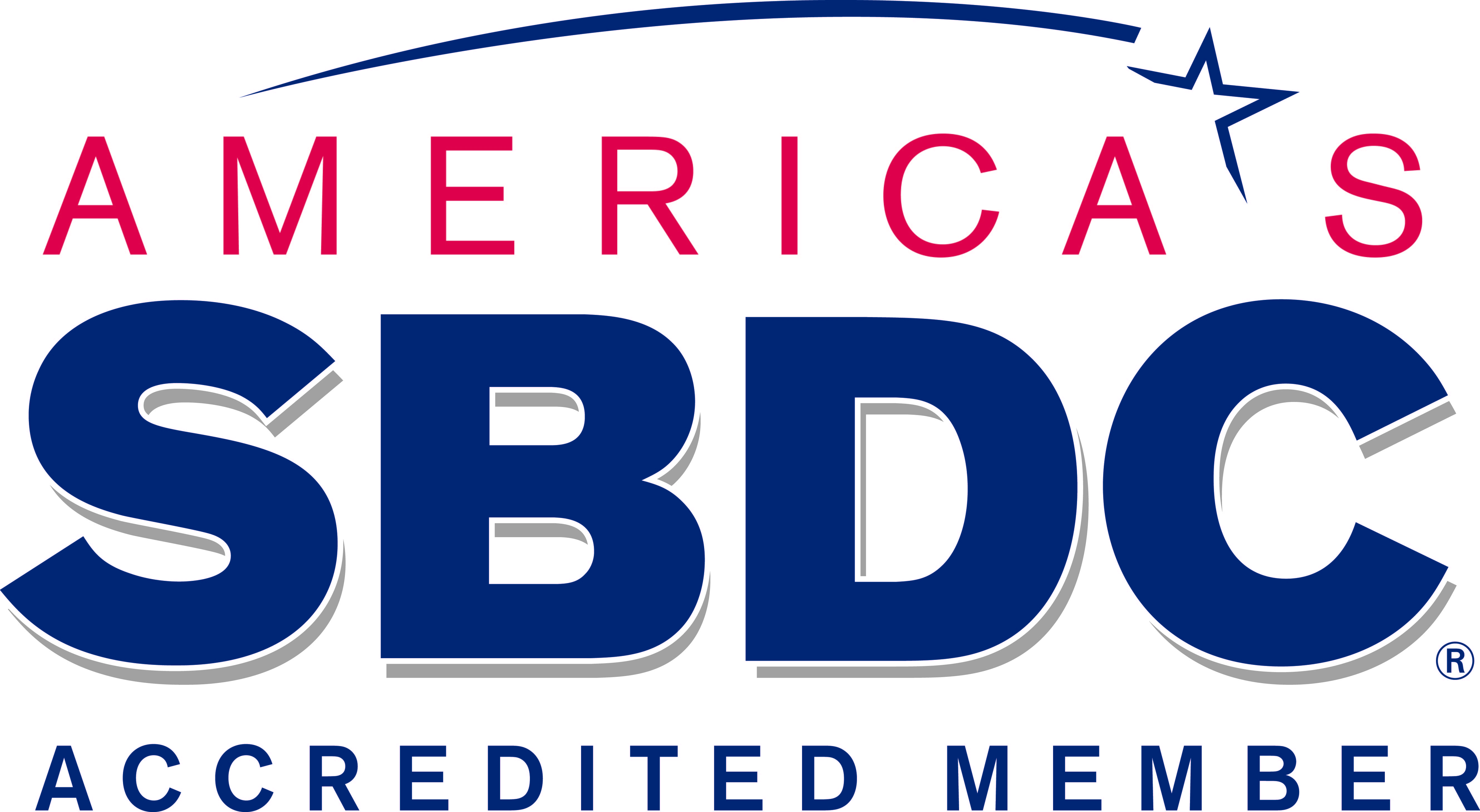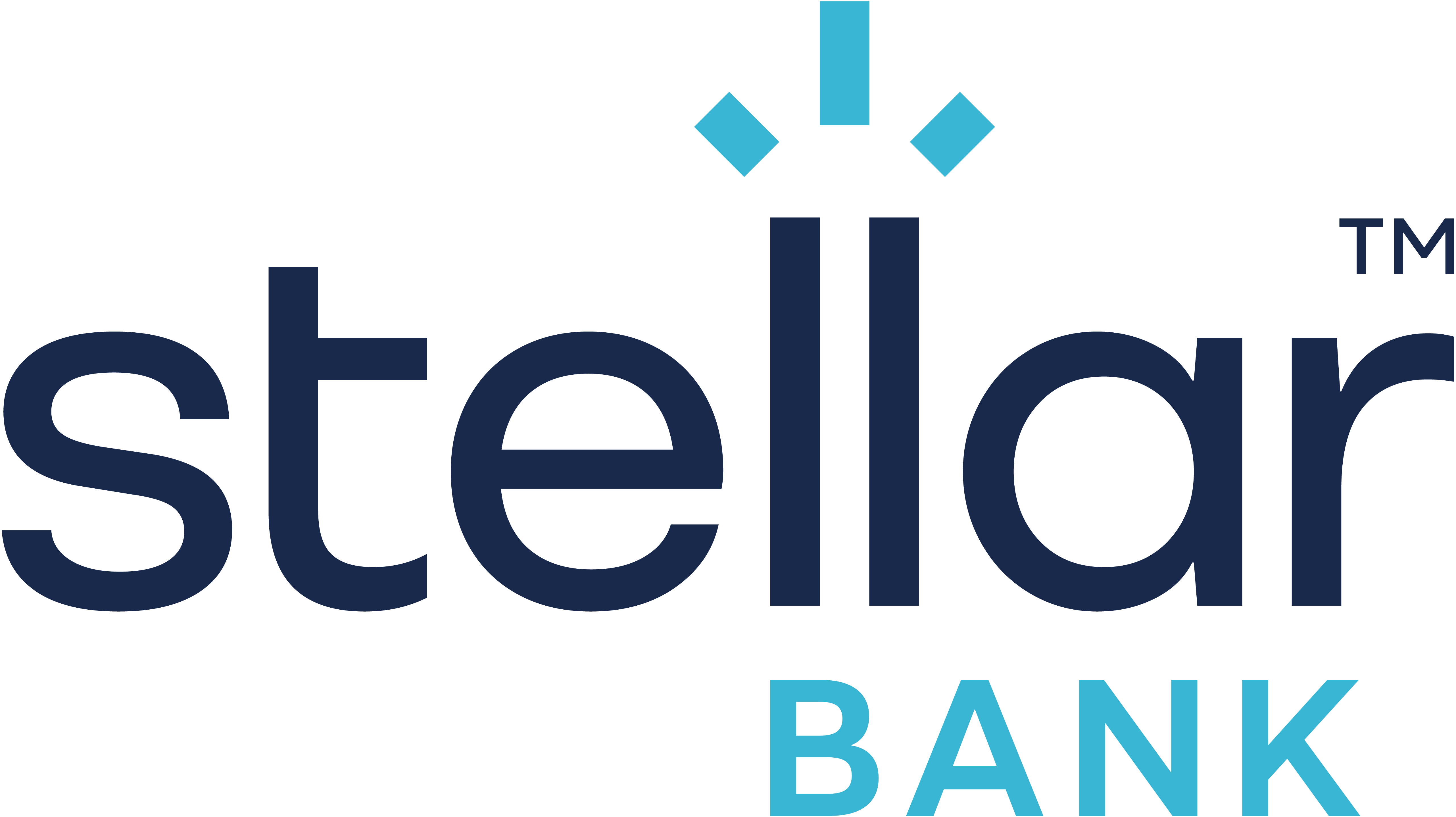Advisor Q&A: Updating the Budget for Your Small Business

By: Aries Payne
Creating a solid budget is essential for your small business to succeed. A well-thought-out budget provides a roadmap for your business’s future and helps you better manage expenses, track income, and make better-informed financial decisions.
However, your budget will eventually change as your business does. You’ll often have to revisit it regularly to ensure it aligns with your cash flow and accounts for the external factors that could impact it.
To help small business owners navigate budget reviews and changes, we asked a few of our SBDC advisors and directors for their insight:
Q: How often should a small business review and update its budget?
A: According to Dana M. Espinal, MBA, Director of the Lamar State College Port Arthur SBDC, the frequency with which the budget should be reviewed and updated depends on several factors, including the size of the business, the industry, and cash flow volatility.
For a long time, the standard practice was to review and update the budget annually. Businesses would set a yearly budget at the beginning of the fiscal year and only adjust if significant changes occurred (e.g., economic shifts or unexpected expenses). This was often sufficient for stable small businesses in industries with predictable income and expenses. However, in today’s business environment, it is recommended that small companies update their budget more frequently.
Charles Capers, CGBP and Business Advisor at the Houston SBDC, says it’s best practice for a business to review its budgets monthly or even quarterly. It’s paramount for businesses to regularly monitor for rapid growth or significant fluctuations in revenue and expenses, so this timeline allows for that.
Espinal adds that reviewing and updating the budget monthly or quarterly also ensures the business can adjust to real-time changes, such as fluctuating market conditions.
Q: What strategies can help small businesses prepare for unexpected costs or revenue fluctuations?
A: According to Shay Iacoponelli, Business Advisor at the Brazos Valley SBDC, preparing for unexpected costs or revenue dips starts with building a cash reserve and consistently monitoring finances. It’s easy to get caught up in daily operations and let reviewing the bottom line slide, but staying on top of your numbers helps identify unnecessary expenses, streamline operations, and automate tasks for greater efficiency.
She also says that developing a contingency plan is equally important. This plan should focus on diversifying revenue streams to navigate tough times effectively. Additional income sources can stem from building strong industry connections, staying ahead of market trends, and adapting to offer new products or even launching new business lines to sustain growth.
Budgeting is an Ongoing Process
A budget is crucial to manage your small business’s finances. By carefully tracking your income and expenses and forecasting future needs, you can improve your business’s financial health and set yourself up for long-term success.
However, budgeting is not a one-time event. It requires ongoing attention and adjustments as your business evolves. By dedicating time to creating and maintaining it, you’ll be well-equipped to navigate the challenges and opportunities that come your way.
To learn more about creating a budget and managing finances for your business, check out our past recorded webinars on the topic!







